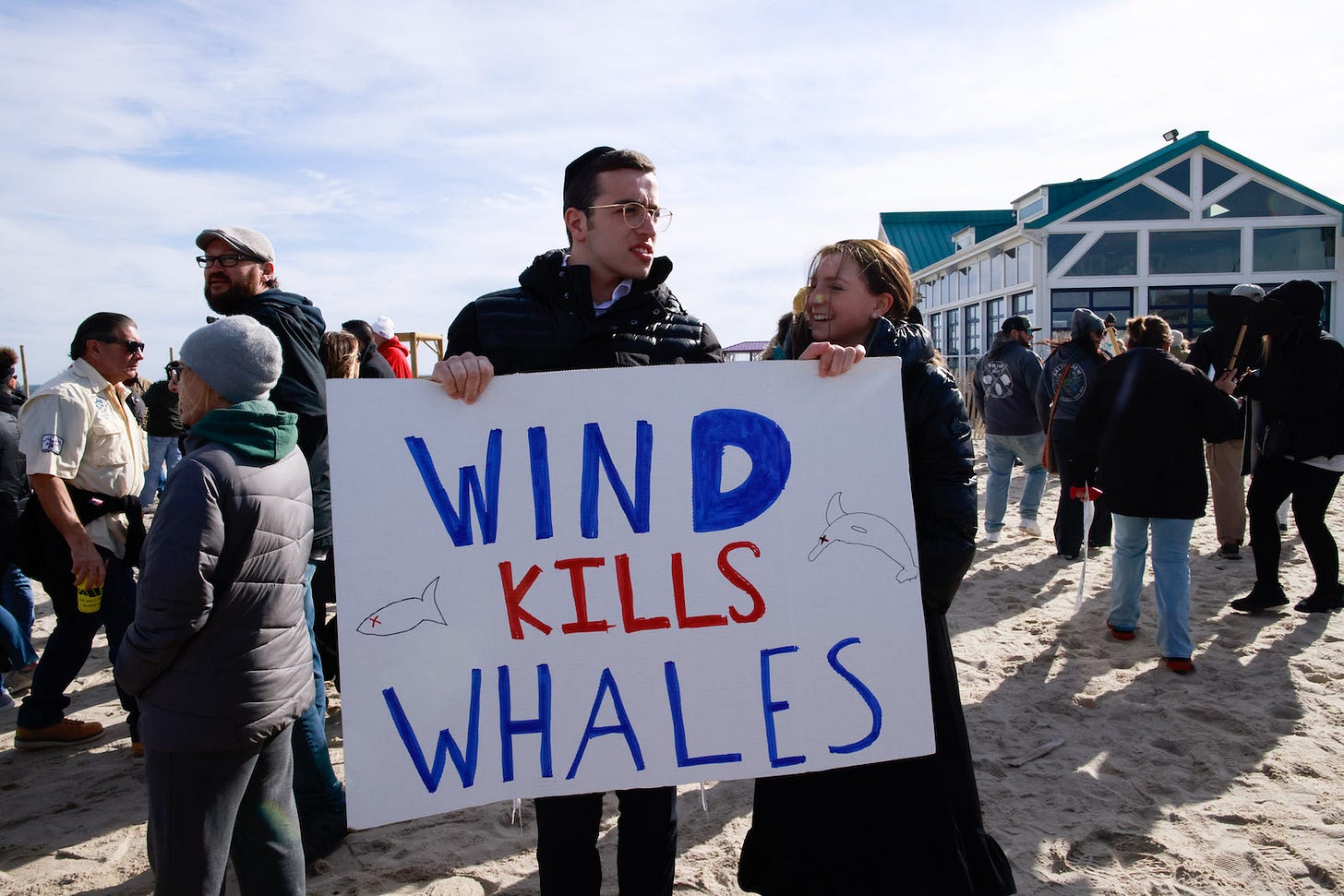Something’s fishy in New Jersey
Republicans fighting offshore wind in New Jersey had a chance to prove their concern for whales was genuine. They failed.

From Marjorie Taylor Greene to Tucker Carlson, Republicans nationwide have suddenly become very concerned about whales.
It’s a legitimate thing to be concerned about. Since 2016, there has been an uptick in whale deaths along the Atlant…


